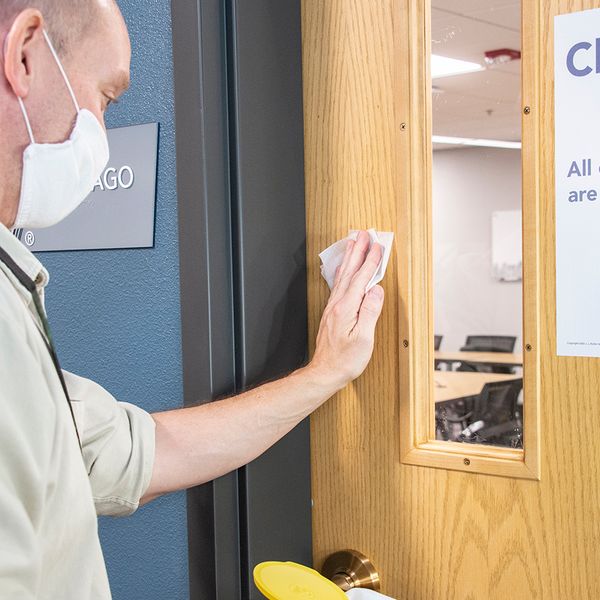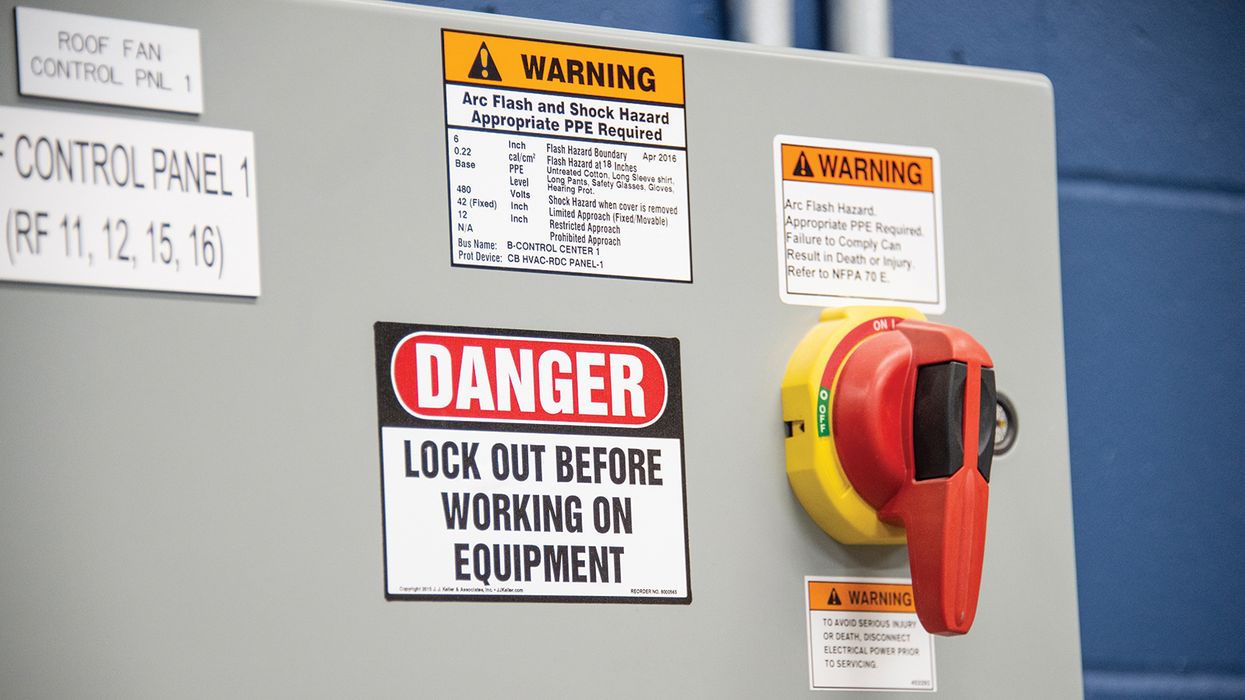Infectious disease standards: What’s hot and what’s not
OSHA standards have been the talk of the town lately, so what’s new with the Infectious Disease standards? Read on as we break down the activity.
As is common with most changing of the guards, the incoming presidential administration has signed an Executive Order putting temporary brakes on all regulations including any rules currently approved but not yet published to the Federal Register. This pause allows the new administration some time to review proposals and plans, which currently includes infectious diseases.
Infectious Diseases Rule
On January 14, 2025, the Office of Management and Budget (OMB) withdrew the Infectious Diseases proposed rulemaking from the review schedule. OSHA’s hope was that the OMB would approve the proposal in time for a January 2025 publish to the Federal Register. With the withdrawal of the rulemaking from OMB review, the future of the Infectious Disease proposed rulemaking is unclear.
COVID-19
Additionally, OSHA announced on January 15, 2025, the withdrawal of the non-recordkeeping portions of the Healthcare Emergency Temporary Standard (ETS). However, OSHA has declared that the recordkeeping and reporting requirements, which were adopted under a separate provision of the OSH Act, would remain in effect.
This means that OSHA will not cite employers for COVID-19 recordkeeping violations under its Healthcare ETS. These regulations are specific to healthcare settings and although they remain in effect, OSHA will not enforce them until further notice.
National Emphasis Program
OSHA's COVID-19 National Emphasis Program (NEP) was also discontinued, effective January 16, 2025. The nationwide enforcement cancellation was based on updated public health guidance from the Centers for Disease Control and Prevention and the World Health Organization indicating that the COVID-19 global health emergency has ended.
These changes don’t mean there are no longer any infectious disease or COVID-19 hazards, especially for healthcare workers. Employers must still protect workers from hazards and exposures, and OSHA will continue to enforce related regulations like respiratory protection (1910.134), personal protective equipment (PPE) (Subpart I) and the general duty clause.
Key to remember: Despite the cancellation or pause of some infectious disease standards, employers must still protect workers from infectious diseases under other regulations like respiratory protection, PPE, and the general duty clause.

























































